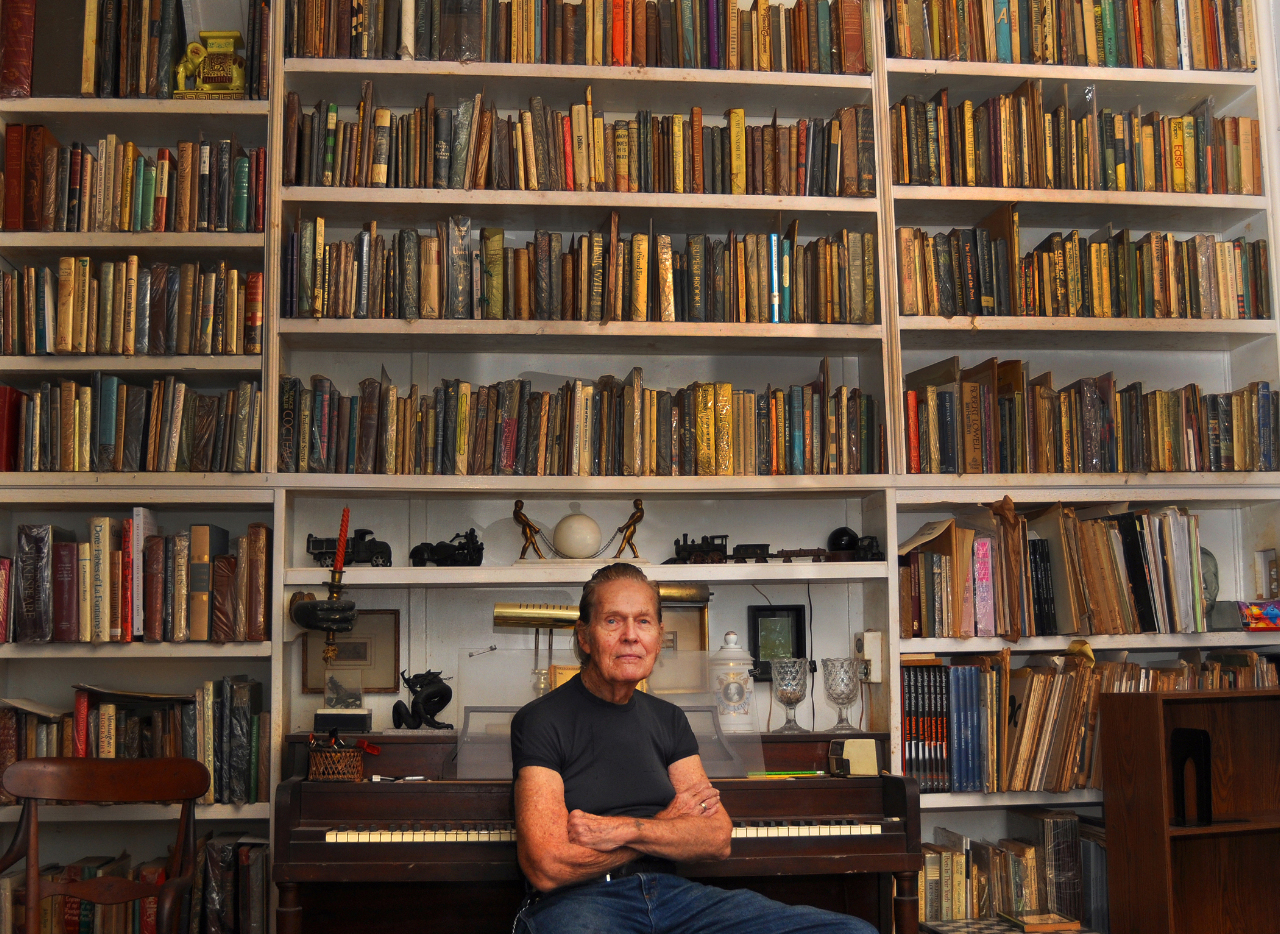Integrity

by Kirby Congdon…….
In his book, Equipment for Living, the author, Michael Robbins, considers contemporary music and lyrics. Louis Menand has reviewed it in The New Yorker (31 July 2017, p. 64) with the title The Defense of Poetry with the subtitle, “Can a poem change your life?” Mr. Menand tells us that the claim suggested in the book’s title is that “poems and songs should make a difference.”
The overall concern of the book, as I understand it, is that poetry as lyrics have declined in their effect, losing their authority. We don’t see the public attention we are used to. The hit song is not a big topic of conversation any more. The rave, the fame, the economics no longer follow the presentation.
The rest of the review tries to examine what it is that has ever made them work. Where is the equipment we relied on for centuries? Mr. Menand asks when would writers consider a poem meaningful or come across with a difference. But my own argument is that a poem should not have as its reason for existence that, first, it is going to be, without fail, meaningful and it is going to make a difference. What difference we do not know or, apparently, care as long as it is successful. This is like a man who says all he wants is respect. He doesn’t care what he does as long as it gets respect. Poetry however is an art form and you do it for its own sake. If you do it just because you want your work to be a hit, be popular, get recognition, public notice, and take off as a best seller, then it isn’t going to be a very good lyric. It is very much like Donald Trump wanting to be President so that everyone will notice Donald Trump instead of how he acts as President. Through advertising and the tradition of winning, competition has become a part of our national character, as though vulgarity and to be distracting is to be authentic.
The creative arts are not slot machines showing off bags of candy. To be creative is part of our psyche. It is spontaneous, intimate, personal and a part of our individual development and maturation, rather than a political stance, a business opportunity or being clever. We do not tell the poem what it is to do or say. The poem tells us. If there is nothing for it to do or say, it is not a poem. It is propaganda aimed at being at the front of the line.
It is not that the poem fails. It is we who fail because we cheat for an ulterior purpose — to impress, to be intellectual, to run off at the mouth, instead of finding out what it is we are involved in. A poem demands a lot more than just being what we call, in a derogatory way, “poetical.” Creativity is also in the singer, the player, as well as for the poet. We not only create, we too develop and grow. There is no trade secret to guarantee that a poem or song will be sensational, and a hit for any partiular need beyond our own creation of it after English class, after the music lesson, the visit with the psychologist or the study of aesthetics or how to please a crowd, let alone anticipating the remarks of a critic or the balance in the bank. Such motivations always show through. Art requires integrity now, not later.

